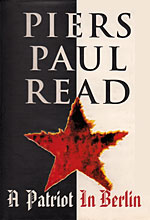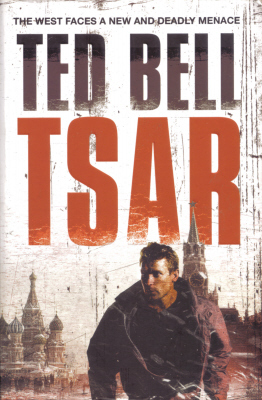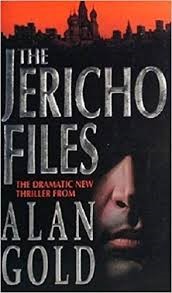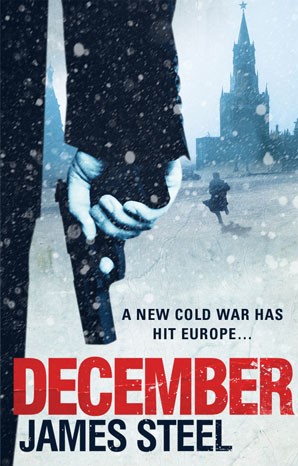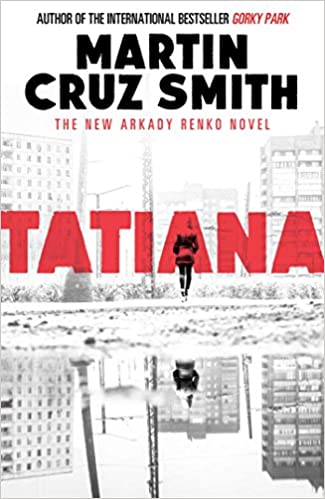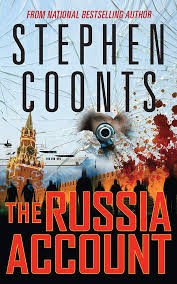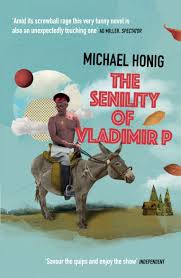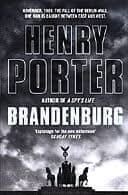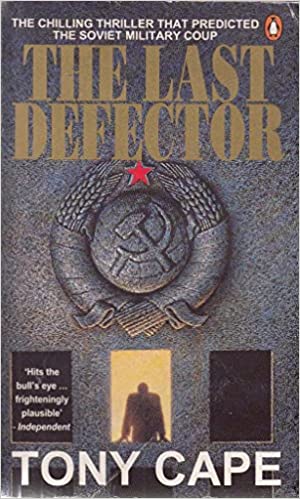
The chilling thriller that predicted the Soviet military coup; so says the front cover blurb. Not a bad strap line.
Though that line is a little post-hoc, given that The Last Defector was published in paperback after the military coup of August 1991. Cape did not predict the military coup, just a military coup. Bit picky on our part, after all precise prediction is too much to ask.
Continue reading